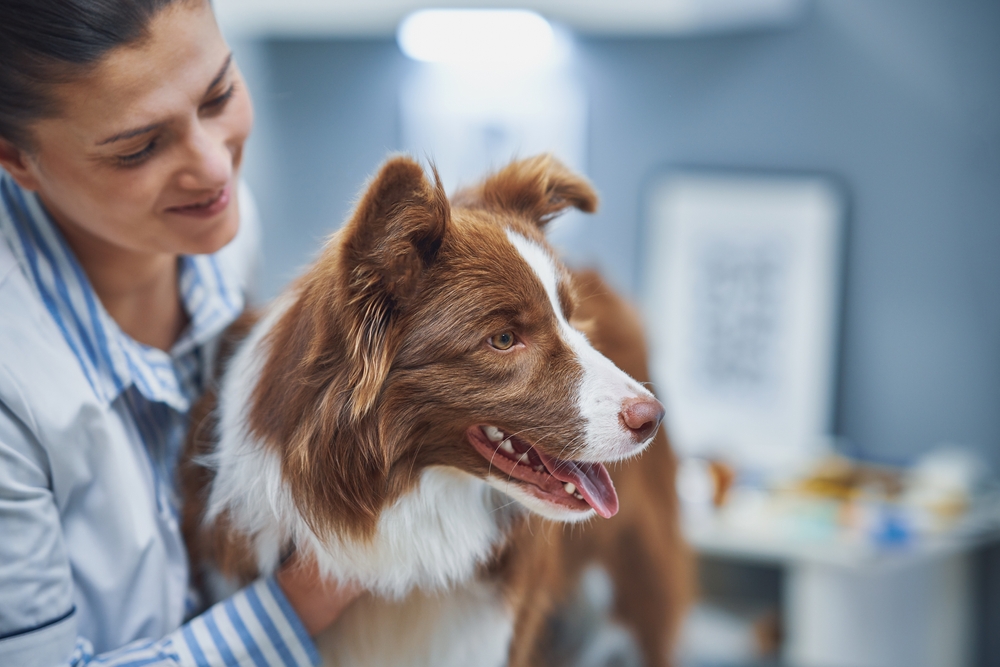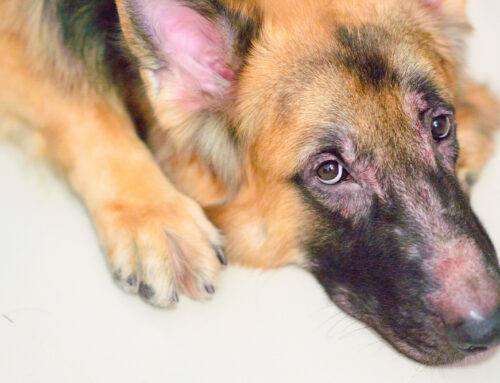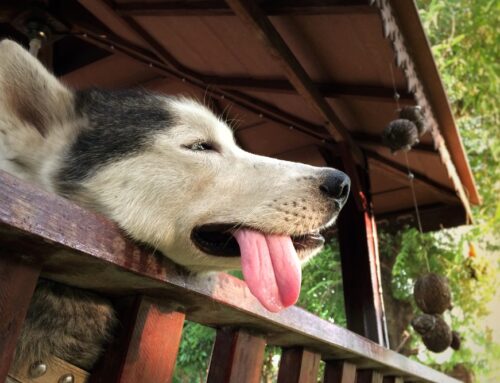Recognizing and Managing Kennel Cough in Dogs: A Guide for Syracuse Pet Owners
Understanding Kennel Cough in Dogs
If your dog has developed a persistent, dry, hacking cough that sounds like they have something stuck in their throat, they might have kennel cough, also known as Canine Infectious Respiratory Disease Complex (CIRDC). This highly contagious condition affects the respiratory tract, causing inflammation and irritation that leads to coughing and discomfort.
Kennel cough spreads rapidly in places where dogs congregate, such as boarding facilities, dog parks, grooming salons, and daycare centers. While it is usually not life-threatening, early recognition and proper management are essential to prevent complications.
At Stack Veterinary Hospital, we want pet owners in Syracuse and surrounding areas to be well-informed about kennel cough, including how to recognize symptoms, when to seek veterinary care, and how to prevent it.
What Causes Kennel Cough?
Kennel cough is caused by a combination of viral and bacterial pathogens that attack the respiratory system. The most common culprits include:
1. Bordetella bronchiseptica
A bacterium that is one of the primary causes of kennel cough. Dogs can be vaccinated against Bordetella to help reduce the risk of infection.
2. Canine Parainfluenza Virus
A highly contagious virus that contributes to respiratory infections and often co-infects dogs with Bordetella.
3. Canine Adenovirus Type 2 (CAV-2)
This virus causes upper respiratory symptoms and is included in most core vaccines.
4. Canine Influenza Virus
A respiratory virus that can mimic kennel cough symptoms, making diagnosis challenging.
5. Mycoplasma
A bacterial infection that often occurs alongside other kennel cough pathogens.
These infectious agents weaken the protective lining of the respiratory tract, making dogs more susceptible to secondary infections.
For more details, visit the American Veterinary Medical Association (AVMA):
Canine Infectious Respiratory Disease Complex (Kennel Cough) – AVMA
Recognizing Kennel Cough Symptoms
Kennel cough symptoms typically appear 3 to 10 days after exposure to an infected dog. The classic sign is a persistent, loud, honking cough. Other symptoms may include:
- A dry, hacking cough (often triggered by excitement or exercise)
- Retching or gagging (may sound like trying to clear their throat)
- Sneezing or nasal discharge
- Lethargy or mild fever (in severe cases)
- Loss of appetite (less common but possible)
Most dogs remain active and alert despite their cough. However, in puppies, senior dogs, or those with weakened immune systems, the infection can lead to pneumonia.
When to See a Veterinarian
If your dog’s symptoms last longer than 10 days, worsen, or include difficulty breathing, extreme lethargy, or a loss of appetite, contact Stack Veterinary Hospital immediately.
How Is Kennel Cough Diagnosed?
Kennel cough is primarily diagnosed based on symptoms and history of exposure. Your veterinarian may:
1. Perform a physical exam
- Listening to your dog’s lungs and airways.
- Gently pressing on the trachea to see if it triggers coughing.
2. Assess recent activities
- Has your dog been to a boarding facility, dog park, or grooming salon?
3. Conduct diagnostic tests (if needed)
- Chest X-rays (if pneumonia is suspected).
- PCR or culture tests to identify the specific pathogens.
Most cases do not require extensive testing, but diagnostics can help rule out more serious respiratory diseases.
Treating Kennel Cough
Most cases of kennel cough are mild and resolve on their own within 1 to 3 weeks. However, treatment focuses on relieving symptoms and preventing complications.
1. Home Care & Symptom Management
- Rest & Isolation: Limit activity and avoid exposure to other dogs.
- Humidifier or Steam Therapy: Helps soothe irritated airways.
- Honey or Cough Syrup (Vet-approved only): Can ease throat irritation.
- Keep your dog hydrated: Ensure access to fresh water.
2. Veterinary Treatment (If Symptoms Persist)
If the cough is severe or prolonged, your vet may recommend:
- Cough suppressants (e.g., butorphanol, hydrocodone).
- Anti-inflammatory medications to reduce irritation.
- Antibiotics (if a bacterial infection is suspected).
3. Hospitalization (For Severe Cases)
For high-risk dogs (puppies, seniors, immunocompromised dogs), hospitalization may be necessary if pneumonia develops.
For more details, read the American Kennel Club (AKC) guide:
Kennel Cough in Dogs – AKC
Preventing Kennel Cough
1. Vaccination
The Bordetella vaccine is the best way to reduce kennel cough risk. It comes in oral, injectable, or intranasal forms and is recommended for:
- Dogs that visit kennels, daycare, or training classes
- Dogs that frequently socialize with other dogs
Annual or semi-annual booster shots may be required, depending on exposure risk.
2. Avoid High-Risk Areas During Outbreaks
Kennel cough spreads rapidly in crowded areas. If there’s an outbreak, avoid:
- Dog parks
- Boarding facilities
- Grooming salons
3. Strengthen Your Dog’s Immune System
A healthy diet, regular exercise, and routine vet check-ups help maintain a strong immune system.
4. Good Hygiene Practices
- Regularly disinfect your dog’s bowls, bedding, and toys.
- Wash your hands after handling dogs outside your household.
When to Contact Stack Veterinary Hospital
If you suspect kennel cough, monitor your dog closely and contact us if:
- The cough persists for more than 10 days.
- Your dog develops wheezing, rapid breathing, or fever.
- There is discharge from the nose or eyes.
- Your dog becomes lethargic or refuses to eat.

At Stack Veterinary Hospital, we offer comprehensive respiratory care to ensure your dog gets the best treatment. Call us or visit our clinic for expert veterinary care.
Schedule an appointment today!
Visit our Contact Page for more information.







Leave A Comment